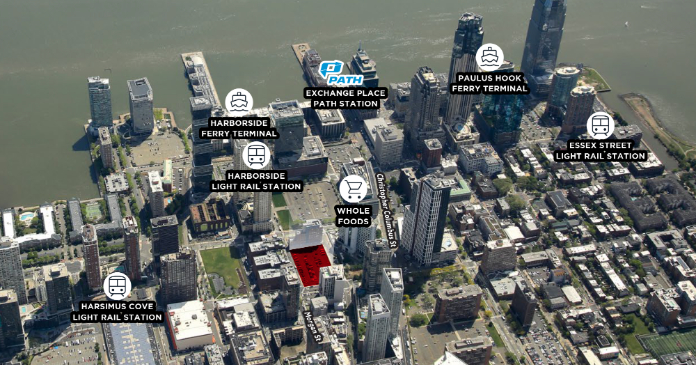NMHC and its member firms are committed to supporting residents who are impacted by COVID-19 and need assistance with their housing costs. NMHC is actively working with Congress to secure federal support for those who are negatively affected by the outbreak, including direct rental payment assistance for American families who suffer a loss of income during the crisis.
NMHC believes it is critical that, given the scale of the challenge, the federal government step in and provide short-term financial assistance to renters facing layoffs or lengthy periods without a paycheck. Not only would such legislation be of huge value to those who need it most, it would be more effective than efforts like moratoriums on evictions. As Brookings Institution Metropolitan Policy Program Fellow Jenny Schuetz wrote on Thursday:
“Short-term financial assistance would help poor families continue paying rent and buying food until the broader economy stabilizes. It would be more effective than a temporary moratorium on evictions (as some jurisdictions have enacted), since landlords also need money to pay their mortgages, property taxes, and utilities.”
“The nation is facing an unparalleled challenge,” said NMHC President Doug Bibby. “In this time of uncertainty, it has never been more important for the public and private sectors to work together and alleviate the effects of COVID-19 to the greatest extent we can.”
NMHC is also encouraging its members—and all housing providers—to create open lines of communications with their residents to address financial, health, and other hardships that can make it difficult to cover expenses like housing. Some recommendations include:
- Work with residents on payment plans and agreements and be sure to put them in writing.
- Waive late fees and other administrative costs over the next 30-day period.
- Develop a response plan for potential COVID-19 exposure.
- Share resources about COVID-19 with residents.
Additional materials and resources on COVID-19 can be found here.













